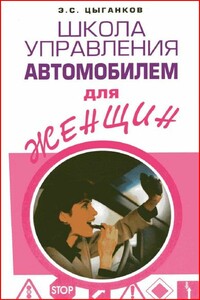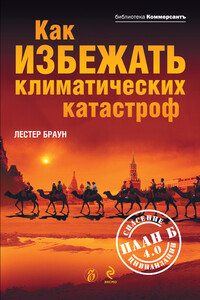Английский язык для специальных и академических целей: Международные отношения и зарубежное регионоведение. Часть 1 | страница 32
1. ... we [Britons] retain... affection for a system which appears to be at odds with the meritocratic principles of a modern liberal democracy.
Unit I. UK: from Empire to Democracy
Unit I. UK: from Empire to Democracy
2. ... the 1950s were ... a period in which the country [UK] was anxious about how global, institutional and social change might threaten its identity.
3. ... the values and traditions which underpinned family and community life were also changing rapidly.
4. Monarchy represented a bulwark against rapid and scary change.
5. As colonial power and the riches of empire declined, there was an increasing desire to define greatness as something other than wealth and territory. Britain wanted to believe it was special.
6. The monarchy is living history, a pageant of our past that remains relevant in the present and will continue to do so in the future. Constitutionally, it is the guarantor of stability .
7. Although the monarchy undoubtedly represents value for money, its true worth cannot be expressed in financial terms.
8. It [monarchy] is the personification of the [British] nation, the embodiment of the national identity.
1. What, according to Walter Bagehot, made the British monarchy a perfect political system?
2. When, in his opinion, was support for the monarchy likely to decline?
3. Has the monarchy provided continuity and stability throughout the country's history?
4. In what ways did the crown cement the nation before the 19>th century?
5. What part did the monarchy play in the evolution of the British Empire?
6. What was the effect of Britain's victory in the major wars of the 19>th-20>th centuries on the monarchy?
7. In what way have the long-reigning monarchs (Queen Victoria, Elisabeth II) contributed to the political stability in the country?
8. What would have been the significance of the British monarch serving as a sovereign of independent Scotland (should Scotland have become independent)?
1. Do you agree with the author's opinion that the British monarchy has survived because it has always provided the people with a sense of stability and security?


